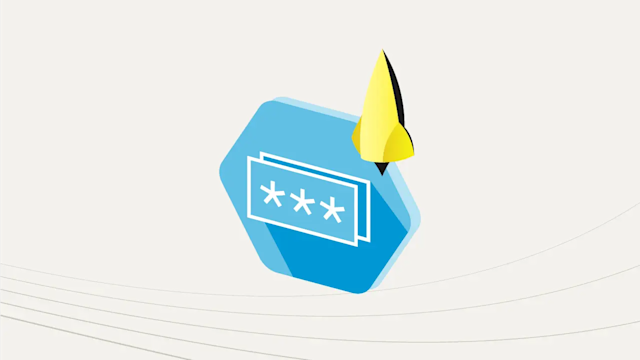Announcing the release of Aerospike: Up and Running: A new guide to mastering modern databases
Learn about installation, development, and optimization for high-performance use cases with this essential resource for developers and database professionals.
We are excited to announce the release of "Aerospike: Up and Running," a comprehensive guide by V. Srinivasan, CTO and founder of Aerospike, and Tim Faulkes, Chief Developer Advocate, alongside authors Albert Autin and Paige Robers, in partnership with O’Reilly Media. This book serves as your practical guide to the forefront of operational databases.
Tailored for both beginners and seasoned developers, it provides hands-on guidance, detailed examples, and advanced insights into developing on the Aerospike Database platform. Whether you're building globally distributed applications or navigating data-heavy environments, this e-book equips you with the tools to fully leverage the power of a modern NoSQL database.
What to expect from Aerospike: Up and Running
The book offers practical tutorials, real-world case studies, and thorough explanations of Aerospike’s underlying architecture. Here’s a quick preview of what’s inside:
Step-by-step installation guides to get you started on multiple platforms.
Deep dives into key operational features, such as strong consistency, scalability, and Cross Datacenter Replication.
Application development techniques for writing your first Aerospike program using Java and Python.
Administration tips covering monitoring, security, troubleshooting, and backups.
Real-world use cases, from fraud detection to customer 360 models.
Build your first Aerospike application
With a hands-on approach, the book walks you through building your first application step by step. Using both Java and Python examples, you will learn how to:
Install Aerospike locally or in a cloud environment.
Connect to the database and manage data through CRUD operations.
Leverage advanced operations, such as batch processes and secondary indexes.
Optimize storage using Aerospike’s Hybrid Memory Architecture.
Monitor the health and performance of your application using built-in tools like AeroLab and Prometheus.
Why should you read Aerospike: Up and Running?
This book offers more than just technical knowledge—it presents insights from pioneers in database technology. Srinivasan and Faulkes combine decades of experience to offer both conceptual and practical guidance. By the time you finish, you’ll have the confidence to deploy Aerospike for high-performance use cases that demand low latency and high availability.
It’s also an invaluable resource for DevOps professionals, database administrators, and data architects seeking a reliable, low latency operational database that excels in real-time applications.
Ready to dive in?
Aerospike: Up and Running equips you with all the tools needed to leverage the power of a cutting-edge, distributed NoSQL database. Whether you're already using Aerospike or just considering your options, this e-book will swiftly guide you from concept to production.
Don't miss the chance to learn from the experts—download the e-book today and see how Aerospike can transform your large-scale data management.
The answer lies in its Hybrid Memory Architecture, which achieves in-memory performance while maintaining persistence through flash storage. Aerospike eliminates bottlenecks by using SSDs to store large datasets, ensuring consistent sub-millisecond read/write times. This approach allows it to handle billions of records without compromising speed or stability. The architecture also includes smart partitioning and automatic rebalancing, ensuring even workloads across clusters.
Unlike traditional databases that rely heavily on large server clusters, Aerospike optimizes the hardware with fewer nodes—reducing both server sprawl and costs by up to 80%. Its ability to avoid "hotspots" ensures predictable performance, even under fluctuating workloads.
Aerospike was built to address the limitations of traditional SQL and NoSQL systems, offering an ultra-fast, distributed database solution that doesn’t compromise consistency or availability. Its multi-model approach supports transactional workloads alongside analytics, making it ideal for industries like finance, e-commerce, and gaming. Aerospike offers key operational features, including:
- Strong consistency for mission-critical systems.
- Automatic replication across multiple data centers to ensure high availability.
- Horizontal scalability for applications handling millions of concurrent users.
Whether you are working with streaming analytics or building an AI-powered recommendation system, Aerospike offers a platform where scale, speed, and reliability converge.
This book showcases several real-world examples to highlight Aerospike’s strengths:
- AdTech: Handling millions of auctions per second within strict time-bound SLAs.
- Fraud detection: Evaluating transactions in under 200ms to stop fraud before it happens.
- Real-time customer profiles: Powering customer 360 solutions that aggregate data from multiple sources in real time.
- Gaming: Enabling seamless personalization and matchmaking for millions of players without latency issues.
- Financial services: Supporting high-frequency trading and digital payments by offering synchronous replication and strong consistency.
The book also covers data modeling strategies, showing how Aerospike handles both structured and unstructured data to maximize flexibility in development.




